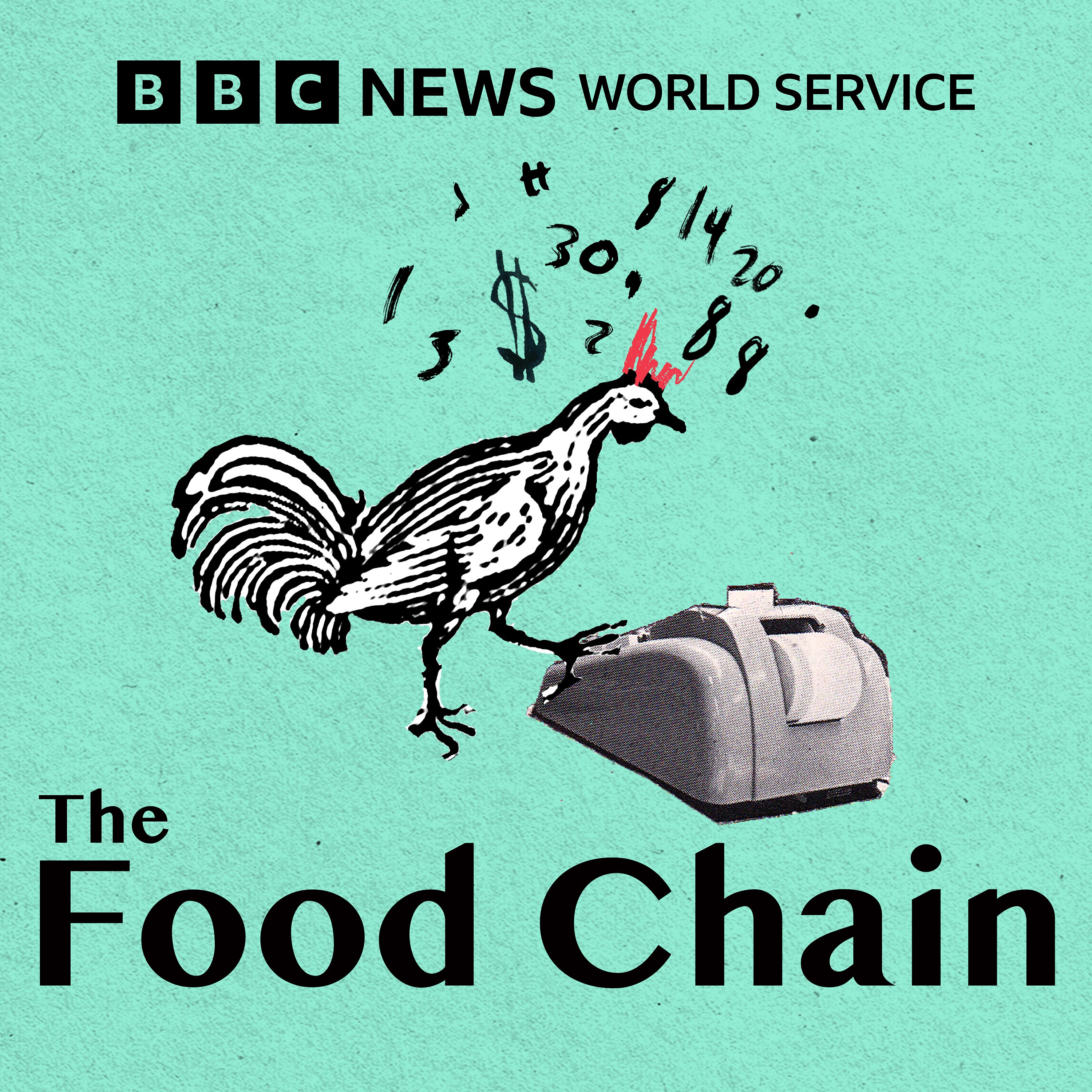
Wheelchair Fajitas and Talking Scales

The Food Chain
Shownotes Transcript
Food is how we structure everyday life. For some people living with disabilities, the smallest of culinary tasks can be very frustrating and difficult.
As part of the BBC’s Disability Works season - exploring the experiences of disabled people in the workforce and as consumers - the Food Chain looks at the important role food plays for people who have, or acquire, a disability.
We hear what it’s like to grow up in a tribe when you can’t take part in the most valued activity – farming. Kudakwashe Dube had polio as a child in rural Zimbabwe and is now the CEO at the African Disability Allowance. He explains how people with disabilities can be discriminated against when it comes to taking part in agriculture, and receiving food aid.
The BBC’s Kathleen Hawkins hears stories of how technology, like mesh gloves and talking scales, can create an adaptive modern kitchen. She also takes us to her own home where we hear how she cooks from her wheelchair which struggles to fit between the kitchen cupboards. How can the kind of problems she faces be resolved? We speak to occupational therapist assistant Ann Kelly and registered dietician Juliette Harmer from the UK’s Ministry of Defence to find out.
Plus, we’ll discuss how modified chopsticks in Japan can be life-changing for people with disabilities. Katsuyuki Miyabi, a craftsman, doesn't think anybody should be excluded from using this age-old tool which is so important in Japanese society.
Finally, Emma Tracey from the BBC’s Ouch programme visits a café where food is made by a blind cook and his autistic helper.
(Image: A man in a wheelchair in a lowered kitchen. Credit: Huntstock/ Thinkstock)